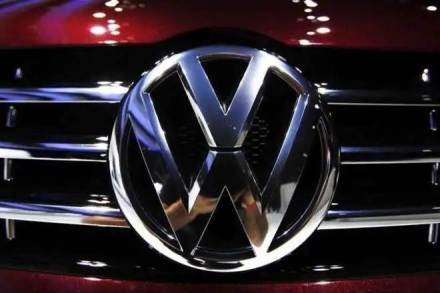The Supreme Court breather to Volkswagen India—in connection with the Rs 500-crore penalty that the National Green Tribunal (NGT) imposed on it for the Dieselgate scandal—brings regulatory gaps and corporate misconduct into focus yet again. While the top court has ordered that “no coercive action” be taken against the automaker, NGT believes that there is just cause for punitive action. Ever since the scandal broke in the US in 2015, Volkswagen has been held liable in 17 countries for using cheat-software in diesel cars since 2009 to meet pollution standards in laboratory tests. The lab performance was instrumental in the cars getting approval in these jurisdictions while the on-road emission levels were much higher. Indeed, tests conducted by Automotive Research Association of India (ARAI) showed that NOx emissions by Volkswagen cars from the period was 5-9 times the lab test limits. The ministry of heavy industries directed the company to initiate recall of nearly 3.2 lakh vehicles.
The company contended before the NGT that it had carried out on-road tests in the presence of the ARAI and the emissions were found to be 1.1 to 2.6 times the BS IV norms—this was later debunked by an expert commitee set up by the NGT—and, since the standards were very different, the action taken by other nations wasn’t relevant. While the expert committee had observed that no testing protocol had been notified at the time of inspection of the emission fraud charges, Volkswagen had posited that since there were no norms prescribed for on-road testing, it couldn’t be held non-compliant. It also submitted before the NGT that, since the Portable Emissions Measurement System (PEMS) that is used for measuring real driving emissions globally, was notified by India only on September 16, 2016, as a protocol for on-road testing, testing carried out by ARAI using PEMS in 2015 didn’t hold. The NGT, however, has rightly refused to buy the argument saying that the mere fact that PEMS was introduced in September 2016 doesn’t mean that it was prohibited earlier. Since it was used in exposing cheat devices the world over, it became a globally accepted protocol and, that “no specific protocol existed in India to detect cheat devices does not mean that globally accepted protocol could not be used”.
The Supreme Court needs to keep in mind the real environmental cost of deliberate inaction on pollution by companies. As the NGT order notes, 22 of the 30 most polluted cities in the world are in India, and in Delhi, 15,000 die prematurely because of pollution. Also, given India is one of just four nations globally whose climate efforts put the Earth on a below-2oC warming path if all nations were acting in the same manner, it has a right to expect that MNCs seeking its market should play by the rules it sets to realise it ambitious climate vision. If the US, one of the largest current polluters and the largest historical polluter, can extract $25 billion in fines, restitution and penalties for 5.8 lakh faulty cars, India is well within its right to impose the penalty it has.
